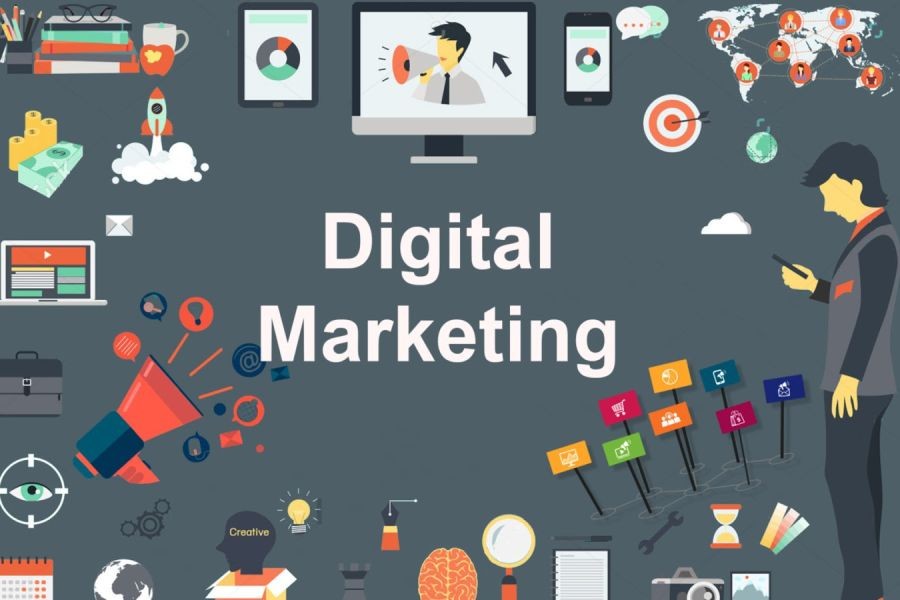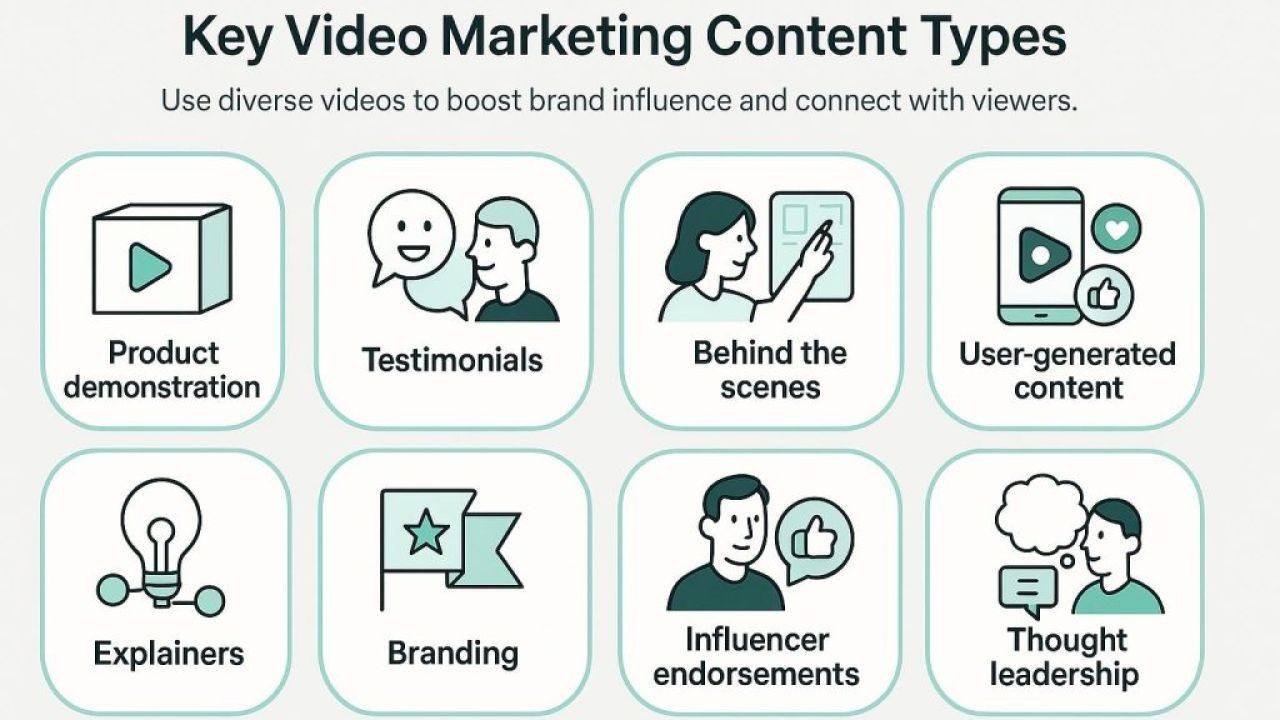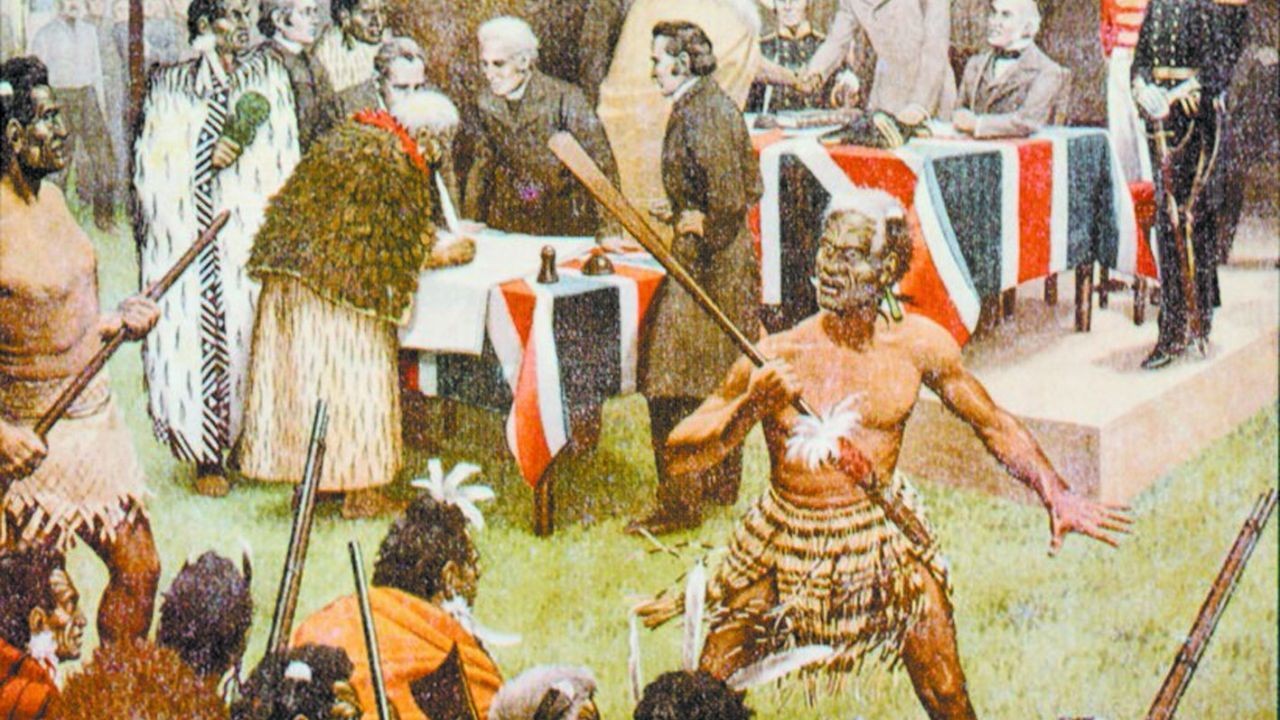In the world of branding, what truly sets successful companies apart is their ability to craft strategies that remain largely unseen by the public eye. These tactics are often the result of years of experience and substantial investment in research and development. In New Zealand, where the market dynamics are unique, understanding these branding secrets can provide a competitive advantage. Let's delve into the branding strategies that big companies don't want you to know and explore their relevance in the New Zealand market.
Case Study: Air New Zealand – Transforming Brand Perception
Problem: Air New Zealand, a leading airline in the region, faced challenges with brand perception in the early 2000s. The company was struggling with customer loyalty and differentiation in a competitive market.
Action: To tackle this, Air New Zealand launched a series of innovative marketing campaigns that focused on the unique aspects of Kiwi culture. They introduced memorable safety videos featuring local celebrities and leveraged social media to engage with a younger audience.
Result: Within two years, Air New Zealand saw a significant increase in customer engagement and loyalty. Their brand reputation improved, and customer satisfaction scores rose by 30%. They were recognized globally for their creative marketing efforts, leading to an increase in international bookings.
Takeaway: This case study highlights the power of cultural relevance in branding. By aligning their brand with national identity, Air New Zealand strengthened customer connections and enhanced brand loyalty. New Zealand businesses can learn from this by incorporating local culture and values into their branding strategies.
Comparative Analysis: Local vs. Global Branding Strategies
Many companies struggle with the choice between adopting local versus global branding strategies. To illustrate, let's compare the approaches of two successful brands: Fonterra and Coca-Cola.
Fonterra: Emphasizing Local Identity
New Zealand's Fonterra has firmly rooted its brand in the local agricultural heritage. By emphasizing the purity and quality of New Zealand dairy products, Fonterra has managed to create a strong local identity that resonates with consumers both domestically and internationally. Their branding strategy involves highlighting the pristine environment of New Zealand, which appeals to health-conscious consumers worldwide.
Coca-Cola: A Global Branding Behemoth
In contrast, Coca-Cola employs a global branding strategy that focuses on universal values such as happiness and togetherness. While they adapt their marketing campaigns to fit local markets, their core message remains consistent worldwide. This strategy allows them to maintain a strong global presence while still resonating with local audiences through region-specific adaptations.
Takeaway: For New Zealand businesses, the choice between local and global branding should be informed by their target market and product offering. Emphasizing local identity can be advantageous for companies aiming to capitalize on New Zealand's unique selling points, such as its natural beauty and high-quality products.
Hidden Branding Tactics: Leveraging Data and Technology
One of the secrets big companies utilize involves leveraging data and technology to refine their branding strategies. In New Zealand, businesses are increasingly adopting these technologies to enhance their marketing efforts.
According to a 2023 report by Stats NZ, companies that integrate data analytics into their branding strategies experience a 25% increase in customer retention rates. This underscores the importance of data-driven decision-making in branding.
Emerging technologies such as AI and machine learning allow companies to personalize marketing messages, enhance customer experiences, and predict market trends. For example, AI tools like Jasper.ai can generate personalized content, reducing costs and improving engagement.
Takeaway: New Zealand businesses can gain a competitive edge by adopting data-driven branding strategies. By utilizing technology to understand consumer behavior and tailor marketing efforts, companies can improve customer engagement and loyalty.
Pros vs. Cons of Branding Strategies
Understanding the advantages and disadvantages of different branding strategies is critical for making informed decisions. Here are some key pros and cons:
Pros:
- Higher ROI: Effective branding strategies can lead to significant revenue growth, with some companies experiencing increases of 30-50%.
- Brand Loyalty: Strong branding fosters customer loyalty, resulting in higher retention rates and repeat business.
- Market Differentiation: Unique branding helps companies stand out in competitive markets.
Cons:
- High Costs: Developing and maintaining a strong brand can require substantial investment.
- Complexity: Branding strategies can be complex to implement, requiring expertise and resources.
- Risk of Misalignment: If not aligned with consumer expectations, branding efforts can backfire.
Common Myths & Mistakes in Branding
Several myths and misconceptions persist about branding. Let's debunk some of these:
Myth: "Branding is only for large companies."
Reality: Small businesses in New Zealand can benefit significantly from effective branding, which can enhance visibility and competitiveness.
Myth: "A logo and tagline are enough for branding."
Reality: While logos and taglines are important, branding encompasses the entire customer experience, from service to communication.
Myth: "Brand loyalty is a given after the first purchase."
Reality: Building brand loyalty requires consistent effort and engagement beyond the initial purchase.
Final Takeaways & Call to Action
- Embrace cultural relevance in branding to strengthen customer connections.
- Utilize data and technology to personalize marketing efforts and predict trends.
- Evaluate the pros and cons of branding strategies to inform decision-making.
- Debunk common branding myths to avoid pitfalls and enhance effectiveness.
Are you ready to transform your branding strategy? Explore how these insights can be applied to your business and share your thoughts in the comments!
People Also Ask
- How does branding impact businesses in New Zealand? Branding enhances market visibility and consumer trust, critical for businesses aiming for long-term growth.
- What are the biggest misconceptions about branding? One misconception is that branding is only for large companies, but it is equally vital for small businesses.
- Who benefits the most from effective branding? Both large corporations and small businesses benefit, as strong branding can increase market reach and customer loyalty.
Related Search Queries
- Branding strategies for small businesses
- How to improve brand loyalty
- Data-driven branding techniques
- Impact of cultural branding in New Zealand
- Top branding trends in 2024







































EulahPiper
1 month ago